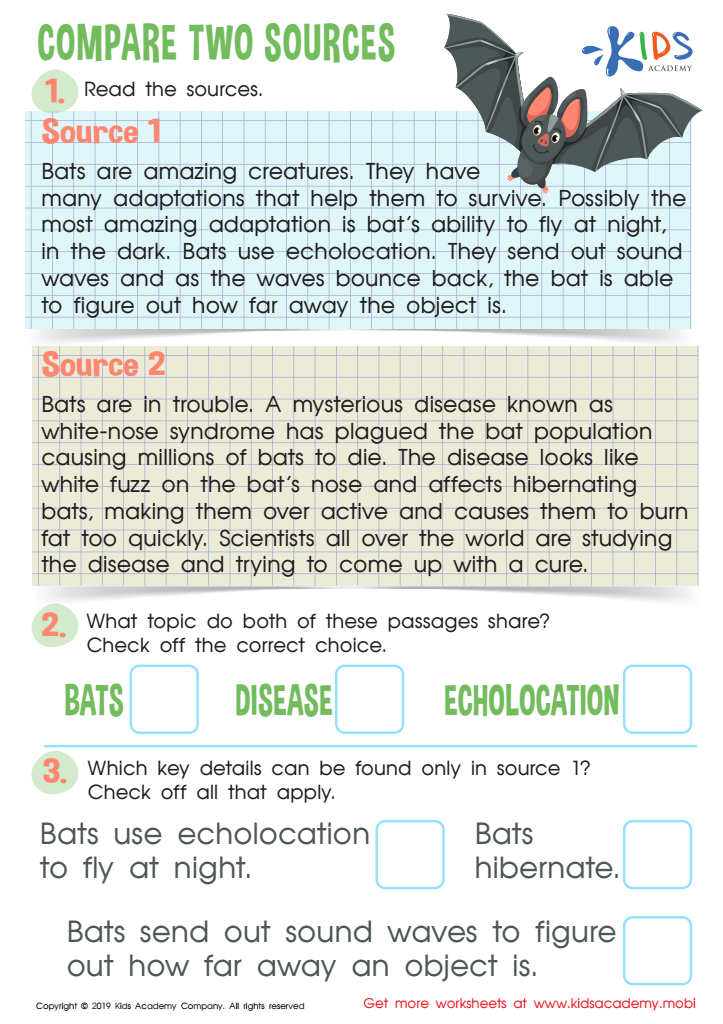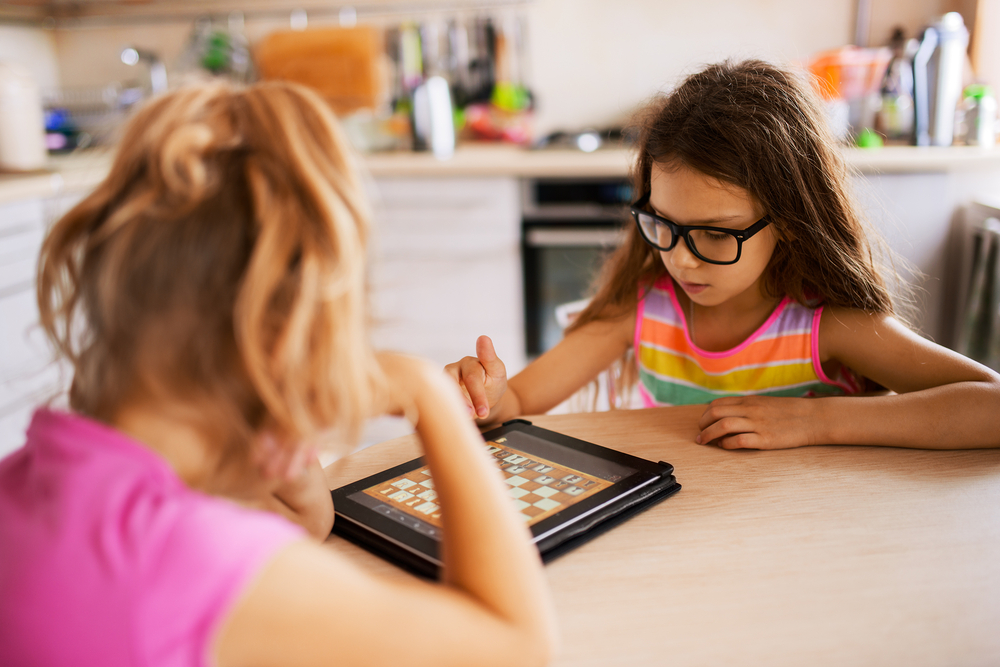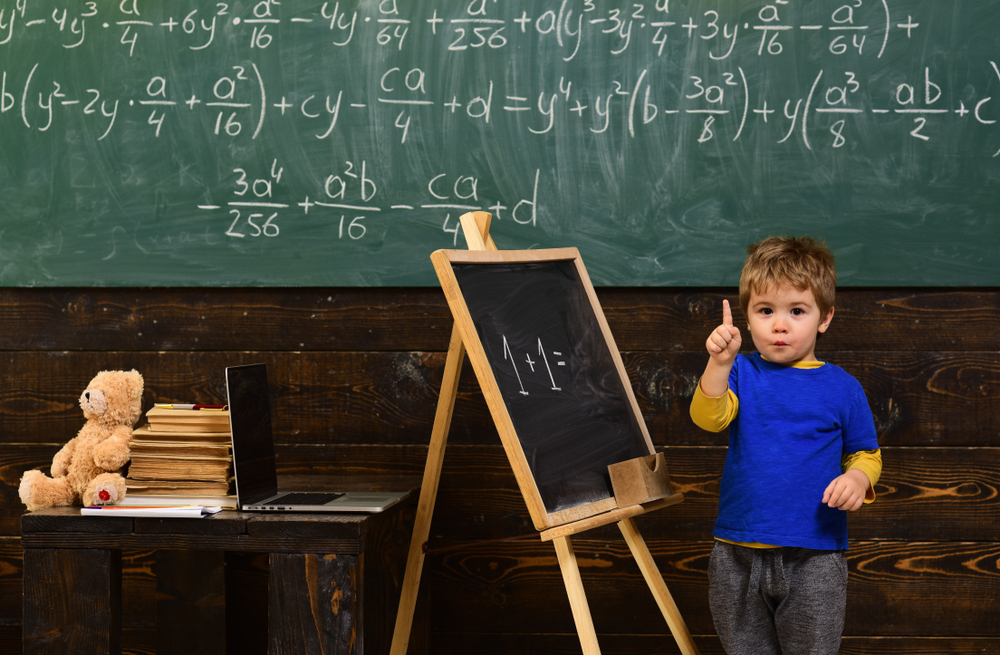Fact-checking accuracy Worksheets for Kids
1 filtered results
-
From - To
Fact-checking worksheets provide a practical approach to mastering information verification. Exercises on evaluating sources, cross-referencing data, and spotting misinformation help develop critical thinking, enabling users to differentiate between fact and fiction. Benefits include enhanced cognitive skills like logical and analytical thinking. These worksheets also educate about information manipulation tactics, making users informed and alert. Additionally, they promote responsibility and accountability, underscoring the importance of objective information assessment for social welfare. Users of fact-checking worksheets grow a healthy skepticism toward online content and become proactive in combating falsehoods, fostering a discerning, well-informed society.
[Character count: 700 characters without spaces]


Compare Two Sources Worksheet
Question/Answer
How to test a Grade 3 student’s Fact-checking accuracy skills?
To test a Grade 3 student's fact-checking accuracy skills, provide them with a short, simple story or statement containing both true and false facts. Ask them to identify which parts are true and which are false.
What does the Fact-checking accuracy skill mean when it comes to Grade 3 Reading Non-Fiction learning?
Fact-checking accuracy skill in Grade 3 Reading Non-Fiction learning refers to a student's ability to verify the truthfulness and reliability of information presented in non-fiction texts. This skill involves comparing information from different sources, identifying credible sources, and distinguishing between facts and opinions, enabling students to critically evaluate and understand accurate information in their reading materials.
How does the mastery of the Fact-checking accuracy skill affect a student's performance at an early age?
Mastery of the fact-checking accuracy skill at an early age significantly enhances a student's performance by promoting critical thinking, improving research skills, boosting confidence in information evaluation, and encouraging discernment in distinguishing between credible and unreliable sources. This foundation fosters academic excellence, better decision-making, and responsible information sharing, setting a strong groundwork for lifelong learning and informed citizenship.
 Assign to the classroom
Assign to the classroom












